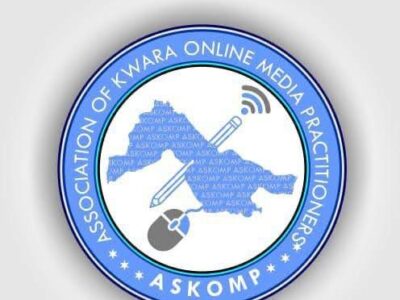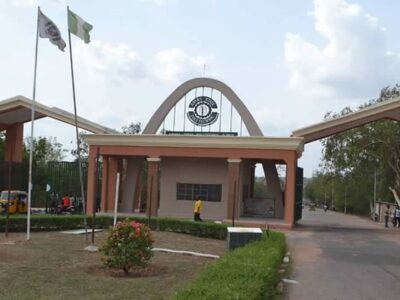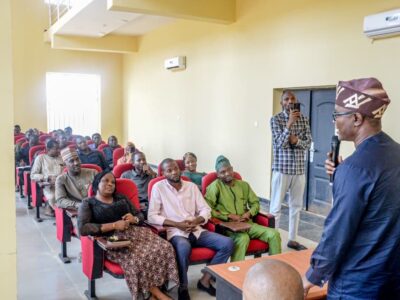The Senate on Wednesday, made a resounding plea to the Federal Government, urging it to refrain from eliminating the electricity subsidy, particularly in light of the prevailing hardships experienced across the country.
The Senate’s stance emerged following a thorough deliberation, and subsequent endorsement of a motion during its plenary session emphasising the imperativeness of maintaining the electricity subsidy in Nigeria for the foreseeable future.
The motion found its origin in the advocacy of Senator Aminu Iya Abbas (PDP), who represents the Adamawa Central zone. It underscored the significance of retaining the subsidy on electricity as a crucial measure for alleviating the burdens faced by the populace.
Last week, the Federal Government announced the formidable challenges in sustaining the electricity subsidy.
Minister of Power, Adebayo Adelabu who conveyed the message in Abuja, highlighted the pressing need for the country to transition towards a more economically sustainable tariff framework.
Adelabu further illuminated the substantial debts owed by the country amounting to ₦1.3tn to electricity-generating companies, and a staggering $1.3bn owed to gas companies.
In the wake of these developments, the Senate resolved to call for prudence and caution, urging careful consideration of the socioeconomic ramifications before any decision regarding the removal of the electricity subsidy is made.
Furthermore, the Senate agreed to probe a failed agreement that would have seen local manufacturers produce prepaid meters that would have been distributed across the nation to better electricity usage.
Also to be investigated is the two-trillion naira subsidy which the Minister of Power said would be required to avoid a repeat of the fuel subsidy scenario still bedeviling the nation’s economy.
Following the resolves, the committee on power was mandated to equally investigate the ₦1.3trn owed by the ministry to generating companies and $1.3bn dollars owed to gas companies.
The Lawmakers agreed that the Federal Government should engage the Nigerian Electricity Regulatory Commission (NERC), and come up with a lasting solution to the energy billing system in the country.
They also resolved to investigate the operations of DisCos to ascertain the current status of metering, and their extent of compliance with relevant legal and regulatory frameworks in service delivery, as well as the release of funds by the government for mass pre-paid metering. (Channels)










Comments